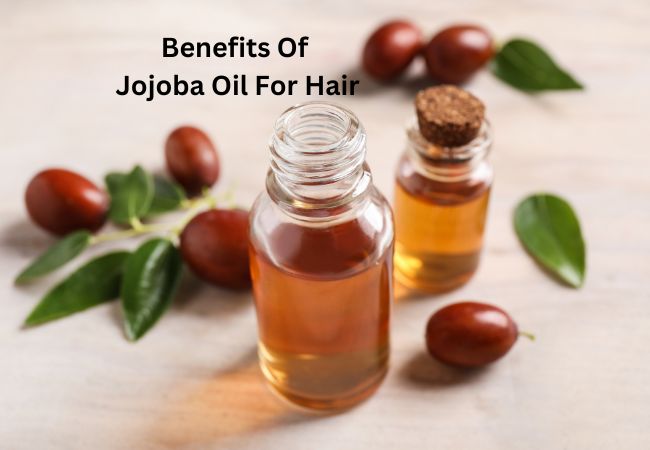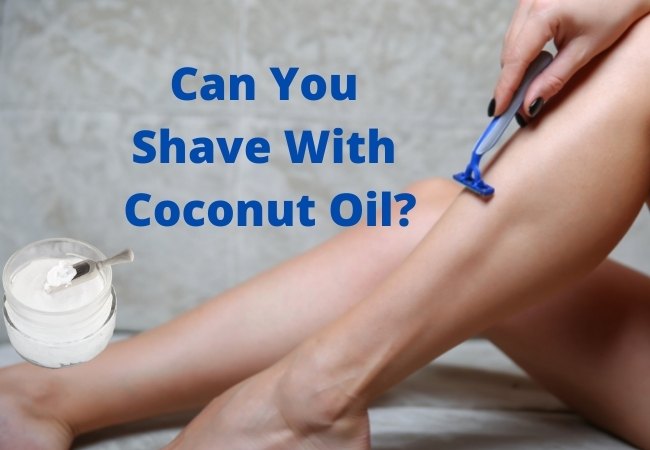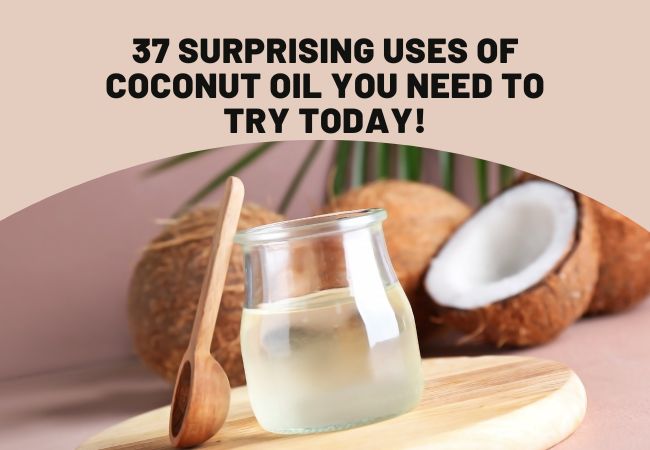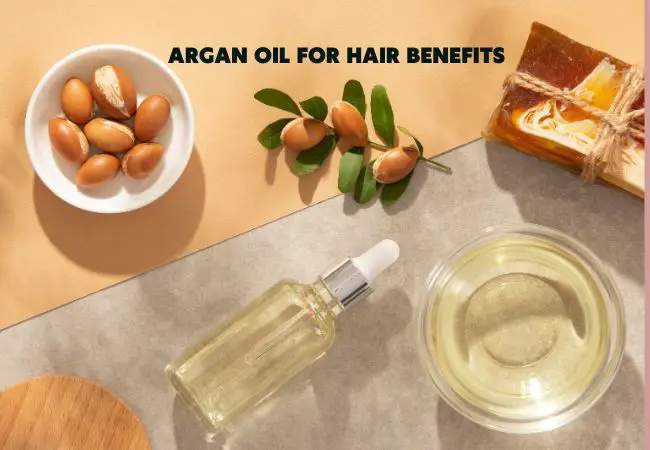These are the amazing benefits of jojoba oil for hair when applied correctly and regularly. Jojoba oil is light and has a similar molecular structure to the natural sebum produced by our skins.
Benefits of Jojoba Oil for Hair
Jojoba oil, derived from the seeds of the jojoba plant, has gained significant recognition in the realm of natural hair care.
I like jojoba oil because it has versatile properties and a rich nutrient profile, making it a popular choice for those seeking healthier and more vibrant hair.
In this post, I will discuss jojoba oil for hair care, exploring its nutritional properties, moisturizing effects, impact on hair growth, ability to repair damaged hair, and its efficacy in addressing scalp conditions.
Understanding Jojoba Oil
Jojoba oil is extracted from the seeds of the jojoba plant, native to the arid regions of North America.
The extraction process involves cold-pressing the seeds to preserve the oil’s natural composition, ensuring that its beneficial properties remain intact.
Jojoba oil closely mimics the natural oils produced by the scalp, making it an excellent choice for hair care.
It is rich in vitamins such as E and B-complex, minerals like zinc and copper, and is composed of predominantly unsaturated fatty acids.
The molecular structure of jojoba oil is similar to the sebum produced by our skin, allowing it to be easily absorbed.
This similarity makes it an ideal candidate for maintaining a healthy balance of oils on the scalp and nourishing the hair strands.
Nutritional Properties of Jojoba Oil
Rich in vitamins and minerals
Jojoba oil contains essential vitamins like E, known for its antioxidant properties, and B-complex vitamins that play a crucial role in promoting hair health.
These nutrients work synergistically to strengthen the hair shaft and improve overall hair texture.
Fatty acids in jojoba oil
The fatty acids present in jojoba oil, such as oleic acid and linoleic acid, contribute to its emollient properties.
These fatty acids provide moisture to the hair, promoting flexibility and reducing the risk of breakage.
Antioxidant properties
Antioxidants in jojoba oil combat free radicals that can damage hair cells and accelerate aging.
Regular use of jojoba oil helps protect the hair from environmental stressors, keeping it healthy and vibrant.
Jojoba Oil as a Hair Moisturizer
Hydrating effects on the scalp
Jojoba oil acts as an excellent natural moisturizer for the scalp. Its lightweight consistency allows it to penetrate the skin easily, providing hydration without leaving a greasy residue.
Preventing dryness and flakiness
The moisturizing properties of jojoba oil help prevent dryness and flakiness on the scalp, reducing the risk of dandruff and itchiness. Consistent use can result in a well-hydrated and balanced scalp.
Locking in moisture for healthier hair
Jojoba oil forms a protective layer over the hair shaft when applied evenly to the hair. The protective layer helps seal in moisture.
This not only keeps the hair hydrated but also imparts a natural shine, making it an effective remedy for dull and lackluster hair.
Jojoba Oil for Hair Growth
Promotion of a healthy scalp environment
A healthy scalp is crucial for promoting hair growth, and jojoba oil excels in creating an optimal environment. It unclogs hair follicles, allowing for the unimpeded growth of new hair strands.
Strengthening hair follicles
The vitamins and minerals in jojoba oil nourish the hair follicles, strengthening them from the roots. This fortification reduces hair fall and promotes the growth of thicker, more resilient strands.
Stimulating blood circulation for improved hair growth
Jojoba oil’s massaging application on the scalp stimulates blood circulation, enhancing the delivery of oxygen and nutrients to the hair follicles. Improved blood flow contributes to healthier and faster hair growth.
Repairing Damaged Hair with Jojoba Oil
Restoring damaged hair cuticles
Jojoba oil’s emollient properties make it effective in repairing damaged hair cuticles. It smoothens the outer layer of the hair, reducing frizz and imparting a silky texture.
Minimizing split ends
Regular application of jojoba oil helps prevent and minimize split ends. It nourishes the hair shaft, reducing the likelihood of breakage and promoting overall hair strength.
Repairing heat and styling damage
Jojoba oil acts as a natural barrier, protecting the hair from heat damage caused by styling tools.
Its reparative properties make it an excellent choice for rejuvenating hair stressed by frequent styling and exposure to heat.
Jojoba Oil for Dandruff and Scalp Conditions
Anti-inflammatory properties
The anti-inflammatory nature of jojoba oil makes it effective in soothing irritated and inflamed scalps. It alleviates conditions like psoriasis and eczema, providing relief from itching and redness.
Balancing sebum production
Jojoba oil regulates sebum production on the scalp, preventing excess oiliness or dryness. This balancing act contributes to a healthier scalp environment, reducing the likelihood of dandruff.
Alleviating dandruff and other scalp issues
The moisturizing and anti-fungal properties of jojoba oil make it a natural remedy for dandruff. Regular use helps eliminate flakiness and promotes a clean, nourished scalp.
Using Jojoba Oil in Hair Care Routine
Incorporating jojoba oil into hair products
Jojoba oil can be seamlessly integrated into existing hair care routines. Adding a few drops to shampoo or conditioner enhances their moisturizing effects, contributing to overall hair health.
DIY hair masks and treatments
Various DIY hair masks and treatments can be prepared using jojoba oil as a base. Combining it with other natural ingredients like honey, yogurt, or aloe vera amplifies its benefits,
I like to make my hair masks differently and try out different recipes providing customized solutions for different hair concerns.
Proper application and usage tips
Proper application involves massaging jojoba oil into the scalp and distributing it evenly through the hair.
It can be left on for a specified period before washing or used as an overnight treatment for deeper conditioning.
Adjusting the quantity based on hair type and individual preferences ensures optimal results.
Potential Side Effects and Precautions
Allergic reactions: While jojoba oil is generally well-tolerated, individuals with nut allergies should exercise caution. Performing a patch test before regular use can help identify potential allergic reactions.
Patch testing before regular use: Applying a small amount of jojoba oil to a small area of skin and monitoring for any adverse reactions is a crucial step before incorporating it into a regular hair care routine.
Consultation with a dermatologist: Individuals with pre-existing skin conditions or concerns should consult with a dermatologist before using jojoba oil extensively. Professional guidance ensures the product aligns with specific skin and hair needs.
Interesting Posts:
Final Thoughts
I like jojoba oil for my hair because it’s not heavy. It has helped me address some of the scalp issues that I had struggled with for a while.
If you are seeking natural alternatives, jojoba oil stands out as a reliable and effective solution for maintaining healthy hair.
I don’t use jojoba oil on its own nor do I use it all the time. However, I will come back to it from time to time because of the many benefits it offers my hair.
I hope this post on the benefits of jojoba oil for hair was helpful. Please save the pin below and also follow me @beautythings for more natural hair and skin care posts.








